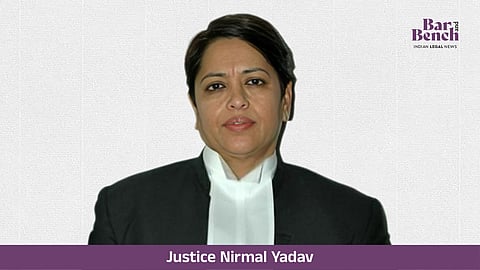The Central Bureau of Investigation (CBI) has moved the Punjab and Haryana High Court against the trial court acquittal of Justice Nirmal Yadav, a former judge of Punjab and Haryana High Court, in a corruption case registered by the agency in 2008 against her and others.

